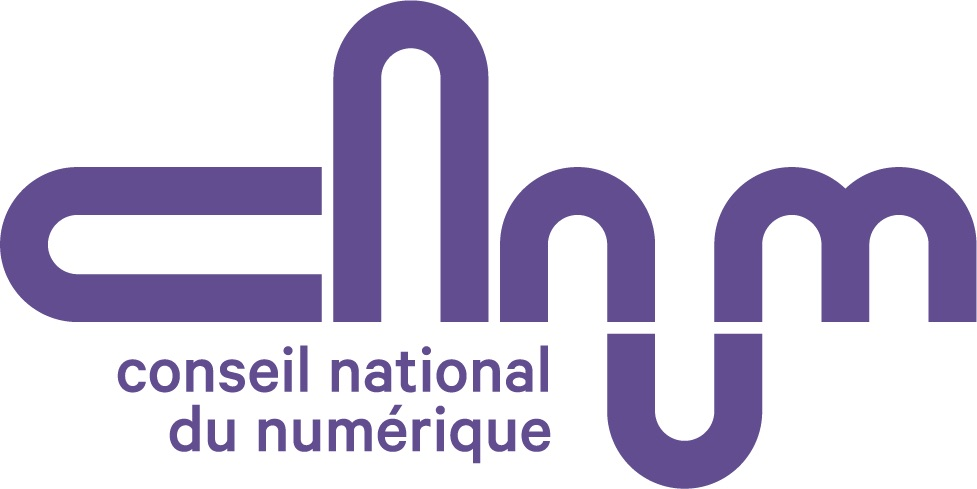The question of the "attention economy" finds a renewed meaning at a time when digital platforms have taken an increasing place in our daily lives and condition the vast majority of our activities (professional activities, cultural or leisure activities, social activities, etc.).
"If attention designates a capacity that is both psychic (being attentive) and social (being attentive), what about, in societies increasingly subjected to digital devices in the service of an "attention economy", our psychic capacities, our social relations, and more generally, our relations to the environment? In other words, what are the consequences of the digital economy of attention for our mental, social and environmental ecologies?What are the potential levers? Is it possible to design and develop alternative technological and economic models that intensify attentional, memory, reflexive, and creative capacities, as well as solidarity and contribution practices?
The National Digital Council calls for a step forward in protecting our attention and publishes a dossier dedicated to the attention economy.
This dossier from the National Digital Council questions the economic models that draw their resources from the monetization of our attention. " We need to deconstruct the tools of "captology" and "behavioral design" implemented by these models, instead of being designed and developed in the interest of populations, with a view to strengthening their cognitive capacities and intensifying collective solidarity. Finally, it is a question of identifying the levers (legal, economic, technological, social, educational, political) that could be mobilized to turn this situation around.
To put digital technologies back at the service of psychological, social and environmental care, the National Digital Council is debating 12 essentially collective levers, be they legal, political, social, educational or design.
New rights and obligations- The consecration of a right to be informed about attentional capture devices ;
- The development of a European policy to combat the risks of attention economy business models;
- Recognition of a right to parameterize content and transmitters;
- Sanctioning abusive and misleading designs;
- The reinforcement of the right to disconnection ;
- The creation of a right to interoperability between platforms.
- Raise awareness of the psychic and social issues of the attention economy;
- Reinforce critical and practical digital media education in the context of school and extracurricular projects;
- Mission the school to design and experiment with digital media and practices that cultivate deep attention and joint attention;
- Develop transdisciplinary research on "technologies of the mind" and integrate it into the training of education and care professionals;
- Thinking about the politics of where we live;
- Support, design, and develop new digital practices and devices that enhance joint attention and social connections without reducing individuals to impulsive behaviors or cognitive mechanisms.
Référence :





